VC INTERVIEW | Didier Schnorhk - Geneva International Cello Competition Secretary General
The Violin Channel recently caught up with 2020 Geneva International Cello Competition Secretary General, Mr Didier Schnorhk
The Violin Channel recently caught up with 2020 Geneva International Cello Competition Secretary General, Mr Didier Schnorhk.
Tell us about the Geneva International Competition? It’s obviously been running since 1939 and has an incredible legacy that is credited with discovering an array of international musicians - including: pianist Martha Argerich, violist Tabea Zimmermann, cellist Istvan Vardai, flutist Emmanuel Pahud, cellist Myung-wha Ching and conductor Alan Gilbert ...
"The Geneva competition is one of the oldest and most prestigious competitions in the world. The list of Geneva’s laureates is indeed very impressive in almost every discipline of the classical music world. More than 800 laureates are listed in it"
When will the next competition be hosted this year?
"If everything goes the way it has been scheduled, this year's cello edition will be hosted from October 23rd to November 5th, 2020"
What initiatives have you put into places to adjust to the current COVID pandemic situation?
"The main problem for us (until now) was the Preselection round. Candidates had to send a video, fill in the registration form and pay the registration fee before April 30th.
We very quickly understood that we had to adapt ourselves. We decided to postpone the registration deadline to June 15th, simplify the preselection repertoire (remove pieces with piano accompaniment) and reduce the fee (from 250 CHF to 100 CHF) - in order to take into consideration young musicians’ financial current problems.
But now, we must follow the rules decided by the Swiss government. We will be ready to address any decision and adapt to the security regulations, for the participants’ and jury members’ safety as well as that of the audience"
How important do you feel competitions are for launching a young musician’s performance career?
"It’s certainly very important, specifically for instruments like piano, strings, woodwinds - and for chamber music groups. Singers and composers have additional ways.
In our interconnected world, you must show yourself to the world and to the industry.
Competitions are one of the best ways to do that. If you win, you get the respect of your peers, you get the focus, some money and media exposure. Exactly what you need to climb the first steps of your career"
There are many competitions today and many 1st, 2nd and 3rd prize winners. What do you feel are the differentiating elements that propel some young musicians to a successful and sustainable performance career?
"This is a difficult question. There is certainly some mystery in why one career is successful, and one other is not.
You need talent, willingness, charisma, luck, friends, support, etc. At least two or three of these qualities and it's really difficult to say who will do it"
How important is fairness and transparency in your voting process? What initiative do you have in place to ensure an unbiased result?
"Don’t mix apples and pears. Fairness is the key, not transparency. Honesty, respect, truthfulness: these are the values that you, as an organizer are committed to follow. Transparency is a value that bears internal contradictions.
Even though we think it’s great and good to be transparent, very often this proves problematic: judging honestly and openly is not easy. You have to be transparent with the rules and procedures, this is part of respect and fairness, but not with the votes themselves.
At least that’s our way in Geneva. We trust the jurors, and in turn, we ask the candidates to trust us. The main initiative is: trust is at the core of our values. And more pragmatically, we take a great time to choose the right people in our juries!"
How did you go about selecting your jury?
"Now this is the real business secret! A good jury is the key to a good competition. It’s like a recipe: you have to mix elements, spices, tastes. Be careful that not one of them is too strong or too weak. It’s a long and delicate process.
In Geneva, we have an artistic committee, together with the Secretary General, who are responsible for this. It’s far better if you’re not alone to deal with this. It may take months to find good jury members"
If someone wants to apply for your 2020 Cello competition, how should they go about this?
Well, go to our website, everything is explained.
The Deadline is on June 15th.
april 2024
may 2024



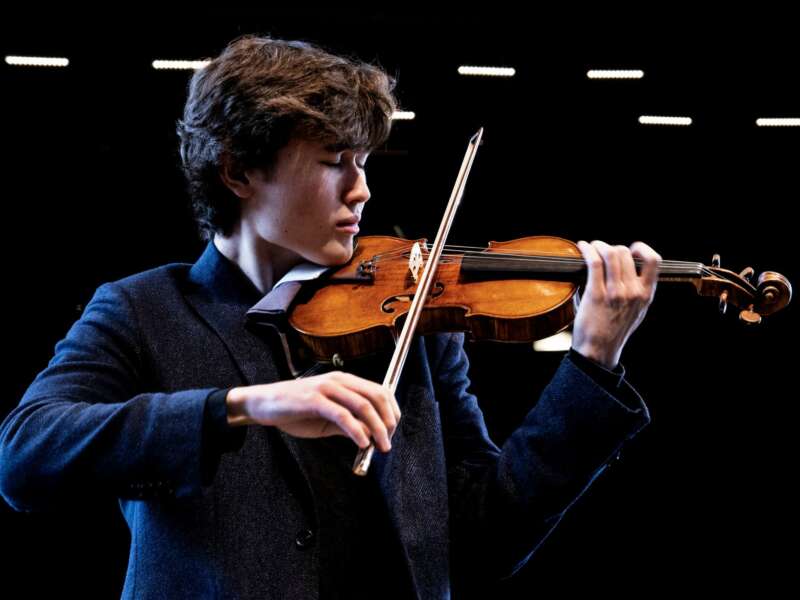



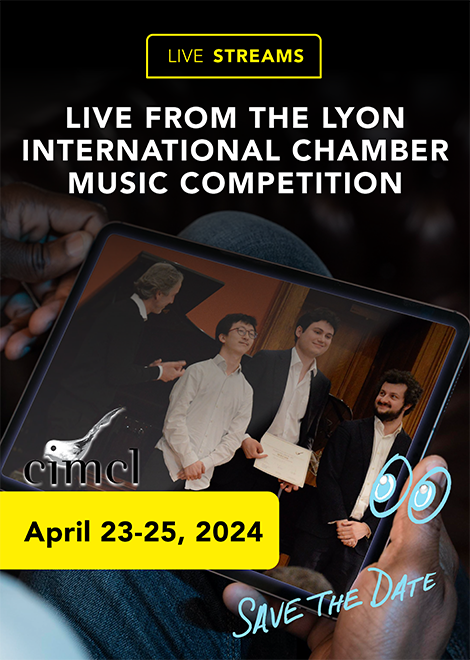
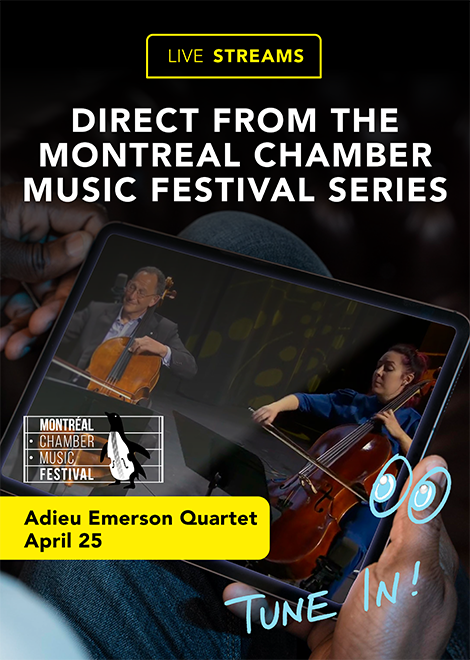
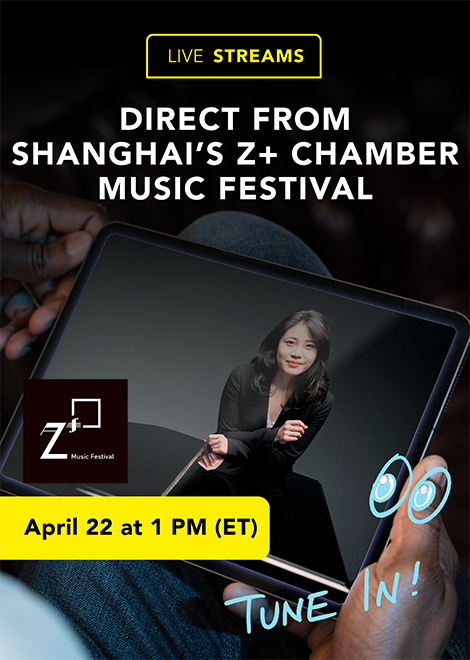
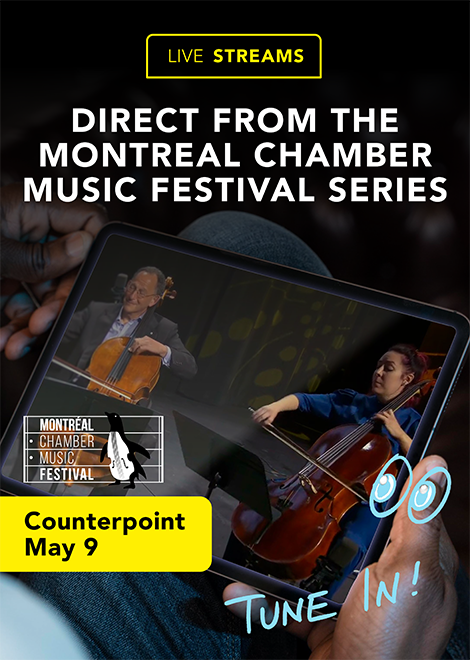















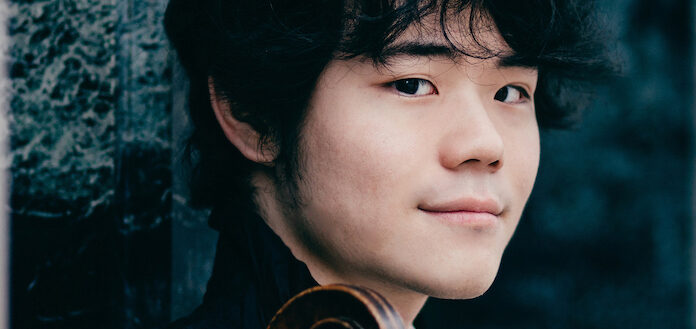
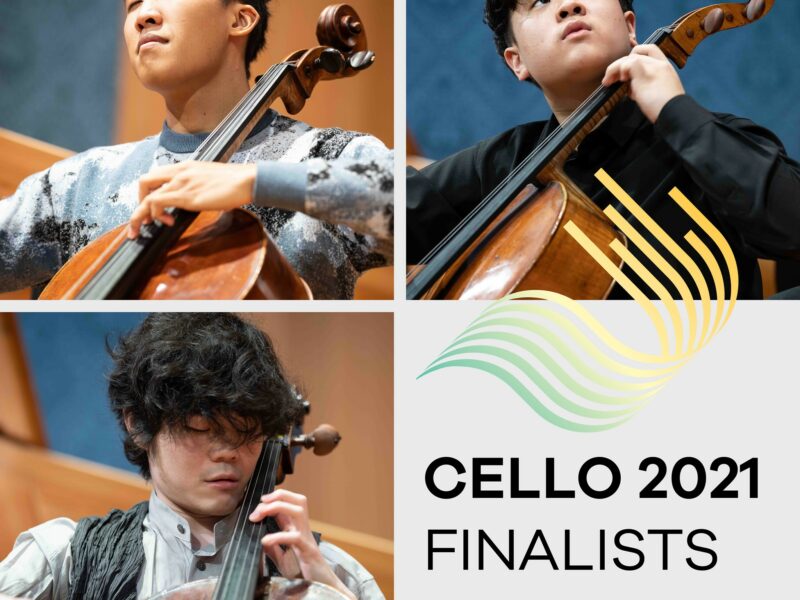
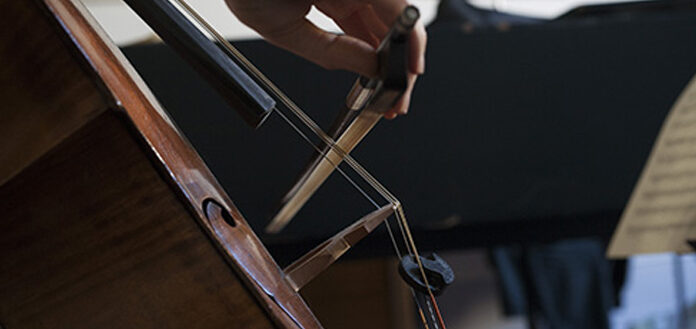
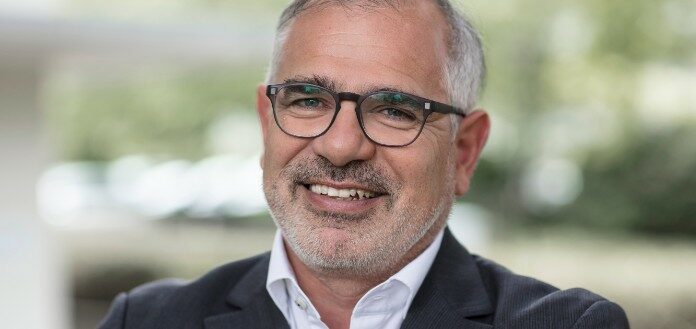
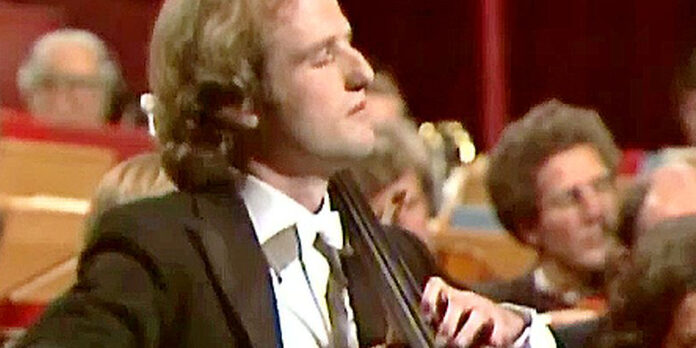
![THROWBACK THURSDAY | Vision String Quartet – Geneva Competition 1st Prize [2016] - image attachment](https://theviolinchannel.com/wp-content/uploads/2020/05/Vision-String-quartet-800x600.jpg)
